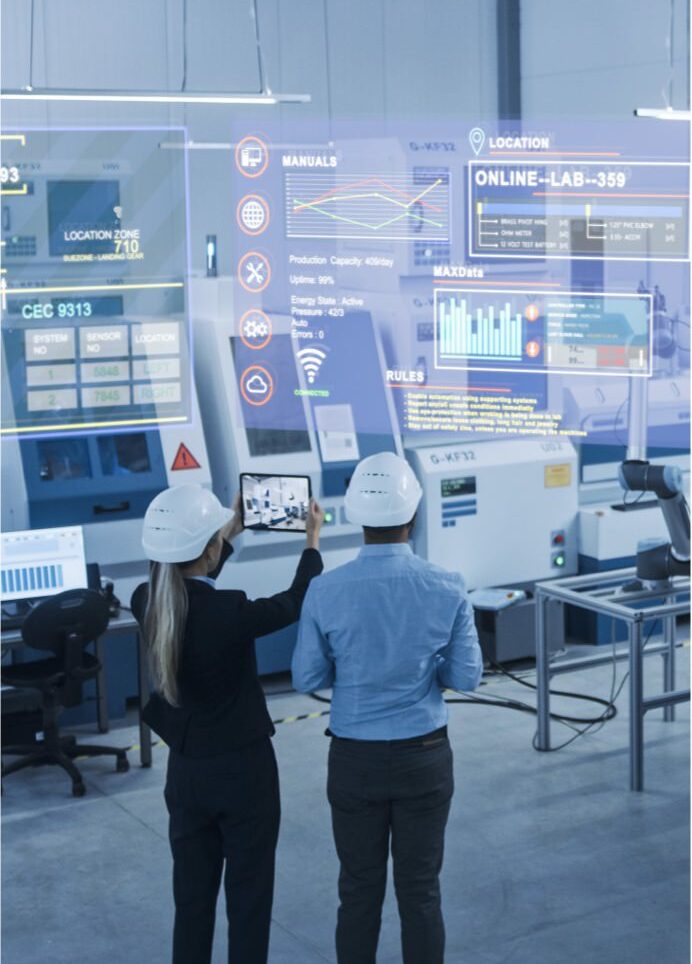The emergence of 5G networks promises a true transformation of industry worldwide. The birth of an ultra-connected industry, Industry 4.0, marks the beginning of a new industrial revolution.
5G is a new vision of the network, with better mobile connectivity, thanks to the considerable improvement in throughput, latency and density, marked by the accelerated use of Cloud and Big Data for IT infrastructure.
Thus, 5G seems to be emerging as the key tool for the 4.0 industrialization process that tends to increase industrial capabilities, enabling the development of new services, new applications and business opportunities.
The Industry 4.0 revolution through 5G networks
5G networks are generally presented as a future revolution for connected factories.
The emergence of 5G, designed to meet the high data growth and connectivity of modern society, is indeed a very important economic issue for businesses and government.
5G and the Industrial Internet of Things
The major benefit of 5G is the emergence of the Industrial Internet of Things (IIoT) network, which allows billions of devices to be connected together.
In addition to offering better reliability, 5G has many other benefits, such as:
- Increased automation potential
- Improved virtual and augmented reality
- Real-time translation
- The emergence of digital applications in the fields of health or education
5G is not the only technology that can power the IIoT network.
For example, Zozio is using Ultra Wideband and Lora technologies to implement IIoT in its customers’ factories.
IIoT plays a key role in the design of tomorrow’s factory, especially in the context of predictive maintenance and predictive logistics.
5G for the digital transformation of factories
5G is a key gas pedal for the digital transformation of industrial companies, facilitating the predictive maintenance of robots.
For years, the speed of data transmission and interference in factories has been a barrier to Factory 4.0.
5G seems to be the ideal solution to meet the needs of industrial robotics.
In addition, 5G will enable the new challenge of Machine to Machine (M2M), which is the exchange of data between different devices without human intervention.
A clear improvement in productivity
For businesses, the increase in throughput speed is synonymous with an increase in productivity.
Both industrial and office tasks will be facilitated, with the new access to new tools such as ultra-geolocation. Employees will be able to work faster, more efficiently and more independently than ever before.
5G will enable a work environment more adapted to each individual by democratizing, for example, telecommuting. Remote communication will be very simple and each job will be done according to the workers’ preferences.
A major opportunity for companies
Even if they still pose problems of cybersecurity and energy consumption, 5G networks present a tremendous opportunity for the professional world.
This technological revolution will affect all businesses.
To get ahead of the competition, it might be a good idea to start investigating the possibilities this technology offers your business now and calculate the benefits it could bring in terms of efficiency and productivity.
Written by Emma Guignard







